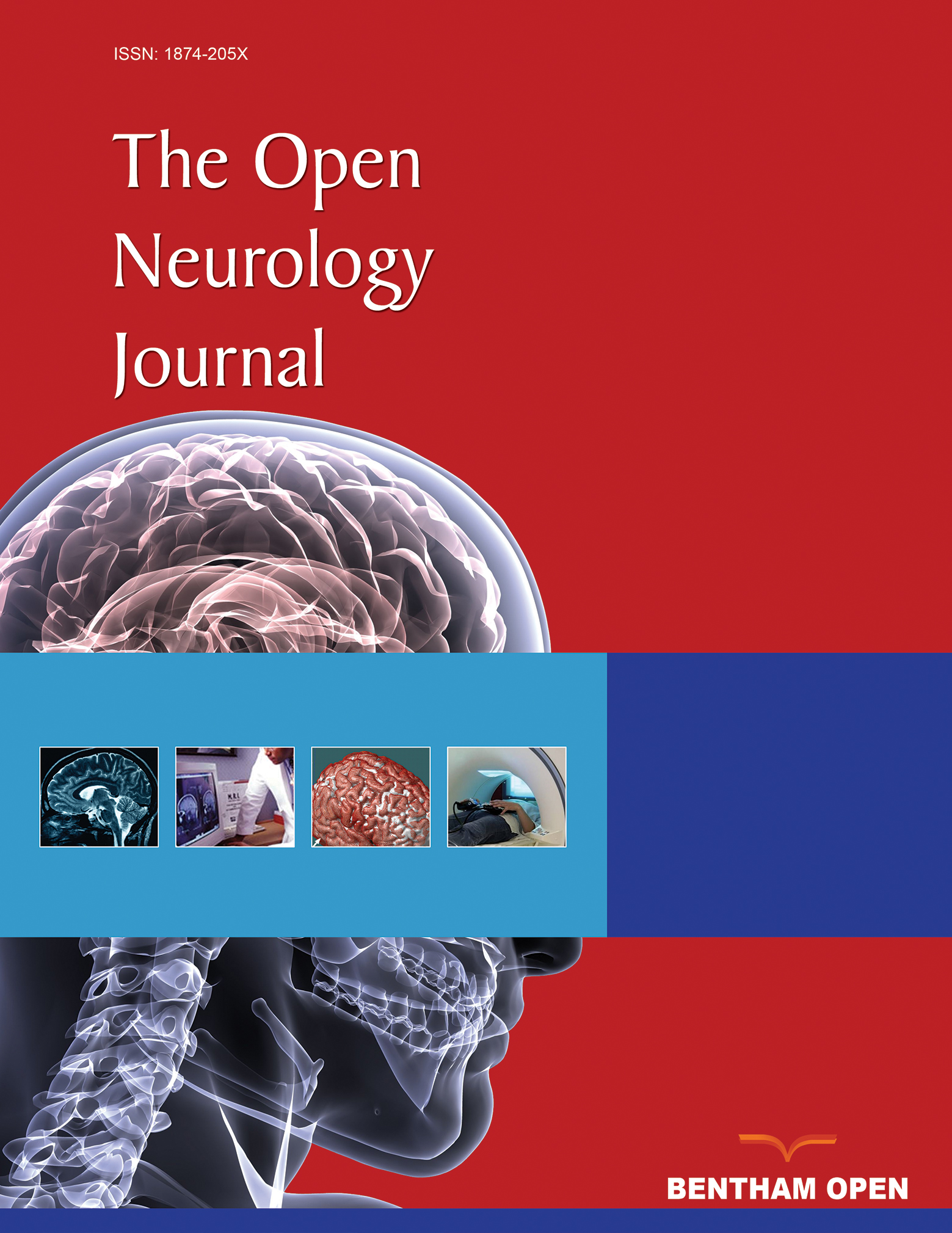All published articles of this journal are available on ScienceDirect.
No Association Between rs7077361 in ITGA8 and Parkinson’s Disease in Sweden
Abstract
Background:
Integrin alpha 8 (ITGA8) encodes the alpha 8 subunit of the integrin alpha8beta1 protein and has recently been suggested as a new candidate gene for Parkinson’s disease, an age related neurodegenerative disease with unknown etiology. ITGA8 is a transmembrane protein involved in several cellular processes, such as cell adhesion, migration and cytoskeletal rearrangement.
Objective:
Screen a Swedish case control material for rs7077361, a genetic variant in ITGA8, in order to investigate its possible implication in Parkinson’s disease in Sweden.
Method:
Rs7077361 was genotyped using TaqMan quantitative Real-time PCR and tested for association using appropriate statistical methods.
Results:
We have screened 502 Swedish Parkinson patients and 599 healthy control individuals for rs7077361 in ITGA8. This genetic variant was in Hardy Weinberg equilibrium in the Swedish population. Allele and genotype frequencies were highly similar between the patients and controls and statistical testing showed that this genetic maker did not associate with Parkinson’s disease (p=0.67).
Conclusion:
Our results do not support the hypothesis of ITGA8 as a candidate gene for Parkinson’s disease in Sweden.


